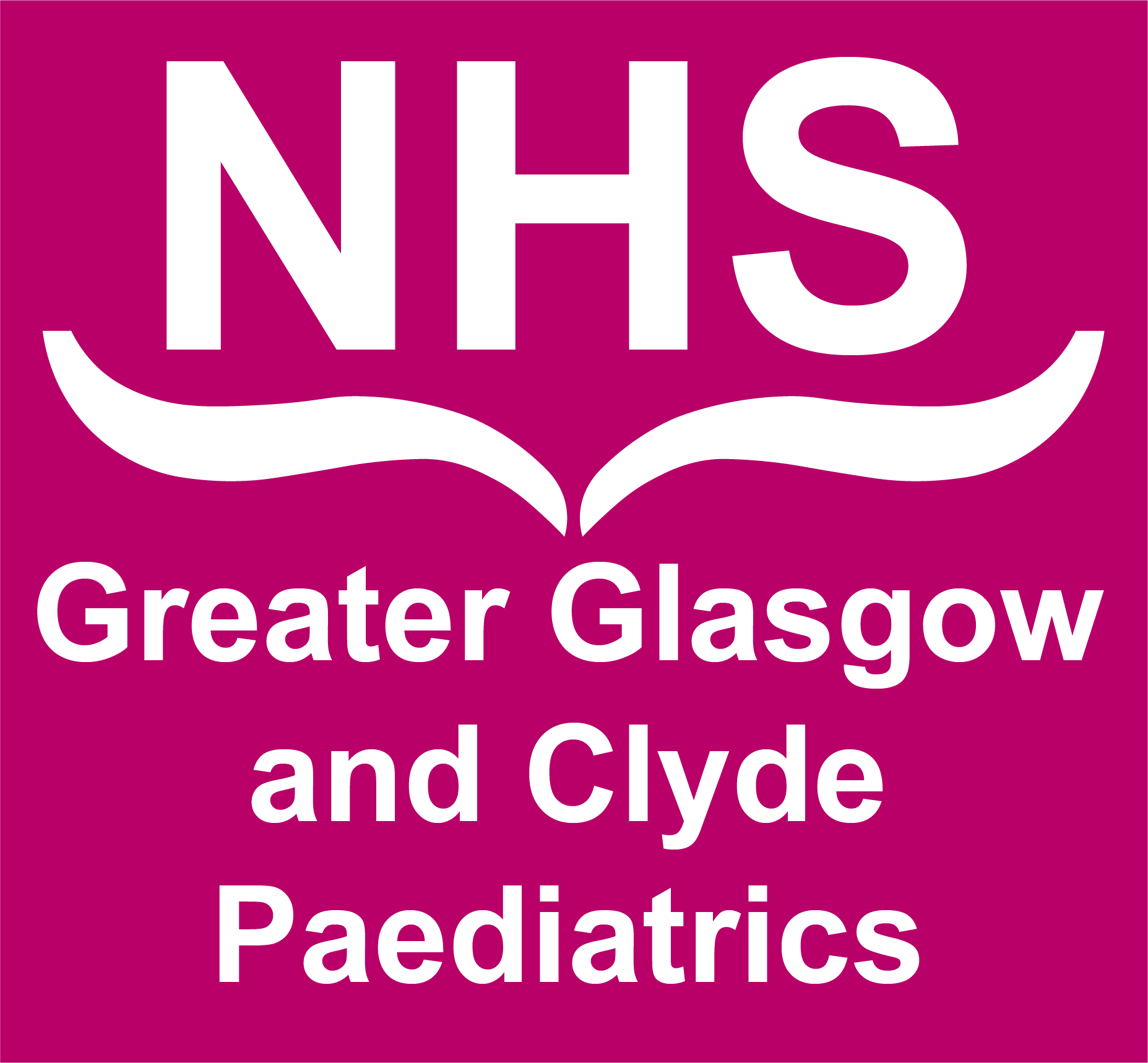Clear fluids include water, diluting squash, ready diluted juice (e.g. Fruit Shoot®, Ribena®). Selected ice lollies are also allowed (not milk- or chocolate-based).
Clear fluids do not include milk, formula milk, pure fruit juice and fizzy drinks.
On admission to the Day Surgery Unit or ward, patients should be offered a clear drink or ice lolly of their choosing. An equivalent volume of ‘Slushie’ ice is also be permitted.



